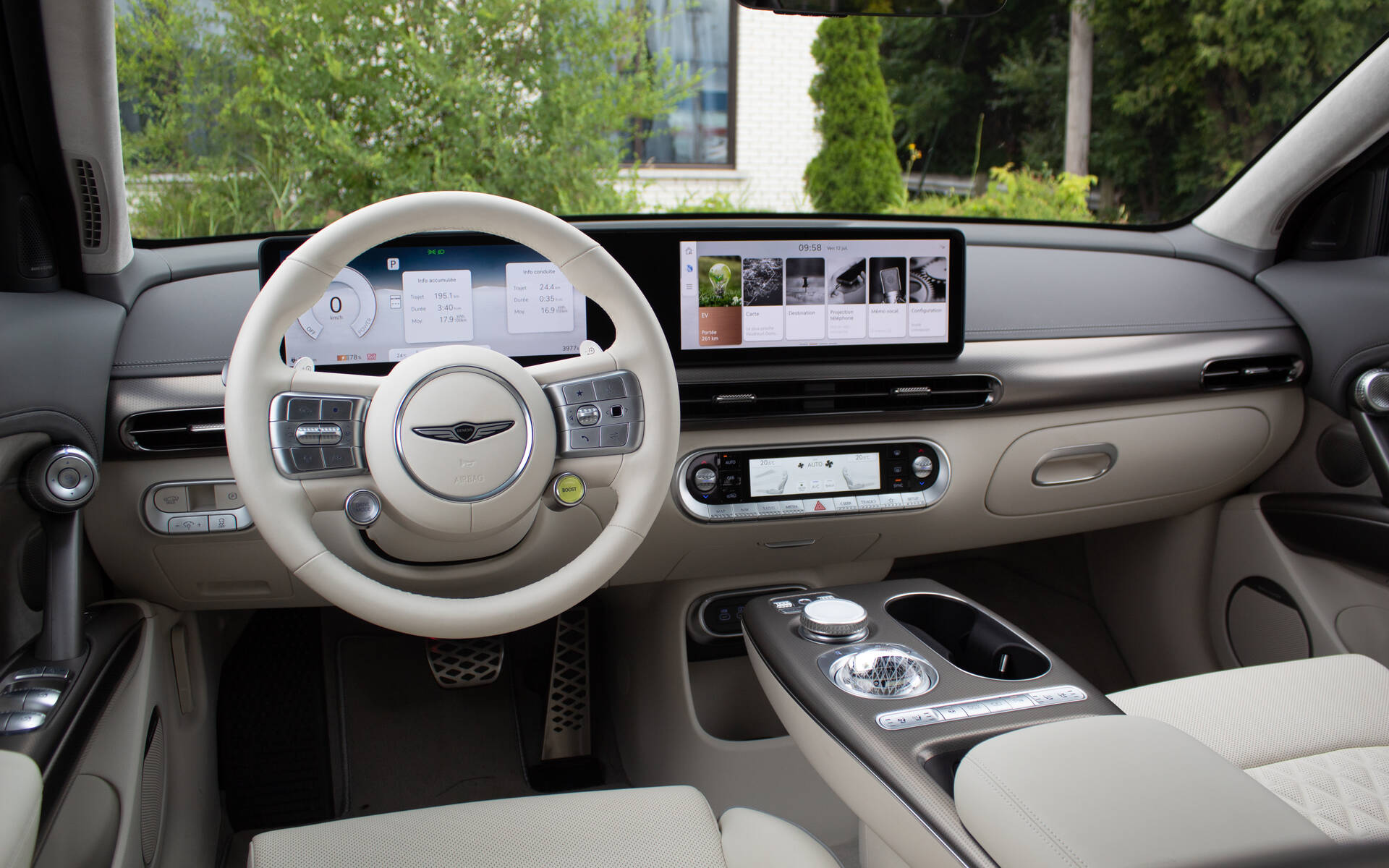Korean Brands Still Kings in J.D. Power’s 2024 Tech Experience Study


Once again, Korean companies lead J.D. Power’s U.S. Tech Experience Index, which this year is based on responses from nearly 82,000 owners of new 2024 model-year vehicles who were surveyed after 90 days of ownership.
The study combines the level of adoption of new technologies for each brand with excellence in execution—specifically, how much owners like the technologies and how many problems they experience while using them. It analyzes 40 automotive technologies, which are divided into four categories: convenience; emerging automation; energy and sustainability; and infotainment and connectivity.
Read also
- Brand Loyalty Slipping Among New-Vehicle Owners, J.D. Power Finds
- Porsche, MINI Lead Most Appealing and Satisfying Car Brands in 2024
With a score of 584, Genesis continues to rank highest overall and highest among premium brands. Hyundai (518) and Kia (499) are the top mass-market brands thanks to models like the all-new Santa Fe (below).

Tesla (786) and Rivian (666) would have been the overall leaders, but neither one manages to meet all of the criteria in the study. Same thing for Polestar (578).
The following graph shows the complete ranking:

Mazda (415), which used to be dead last due to its infotainment system that seems to annoy most drivers (it doesn’t help that the centre display’s touchscreen capability is either missing or available exclusively when using Apple CarPlay and Android Auto in certain models), has slightly improved its position. On the other hand, Ford (406) and MINI (396) have both tumbled. They’re joined by Dodge (392) at the very bottom, which mostly suffers from problems with the new Hornet.
As J.D. Power noted, active driving assistance—whether requiring hands on the steering wheel or not—ranks among the most disliked and lowest-rated technologies. In addition, few vehicle owners view passenger-side displays as necessary or useful despite automakers adding them to more and more models.

What’s more, new AI-based technologies like smart climate control may have quickly won popularity with those owners who have used it, but recognition technologies such as facial recognition, fingerprint readers and interior gesture controls fall out of favour as they unsuccessfully try to solve a problem that owners didn’t know they had, J.D. Power found.







